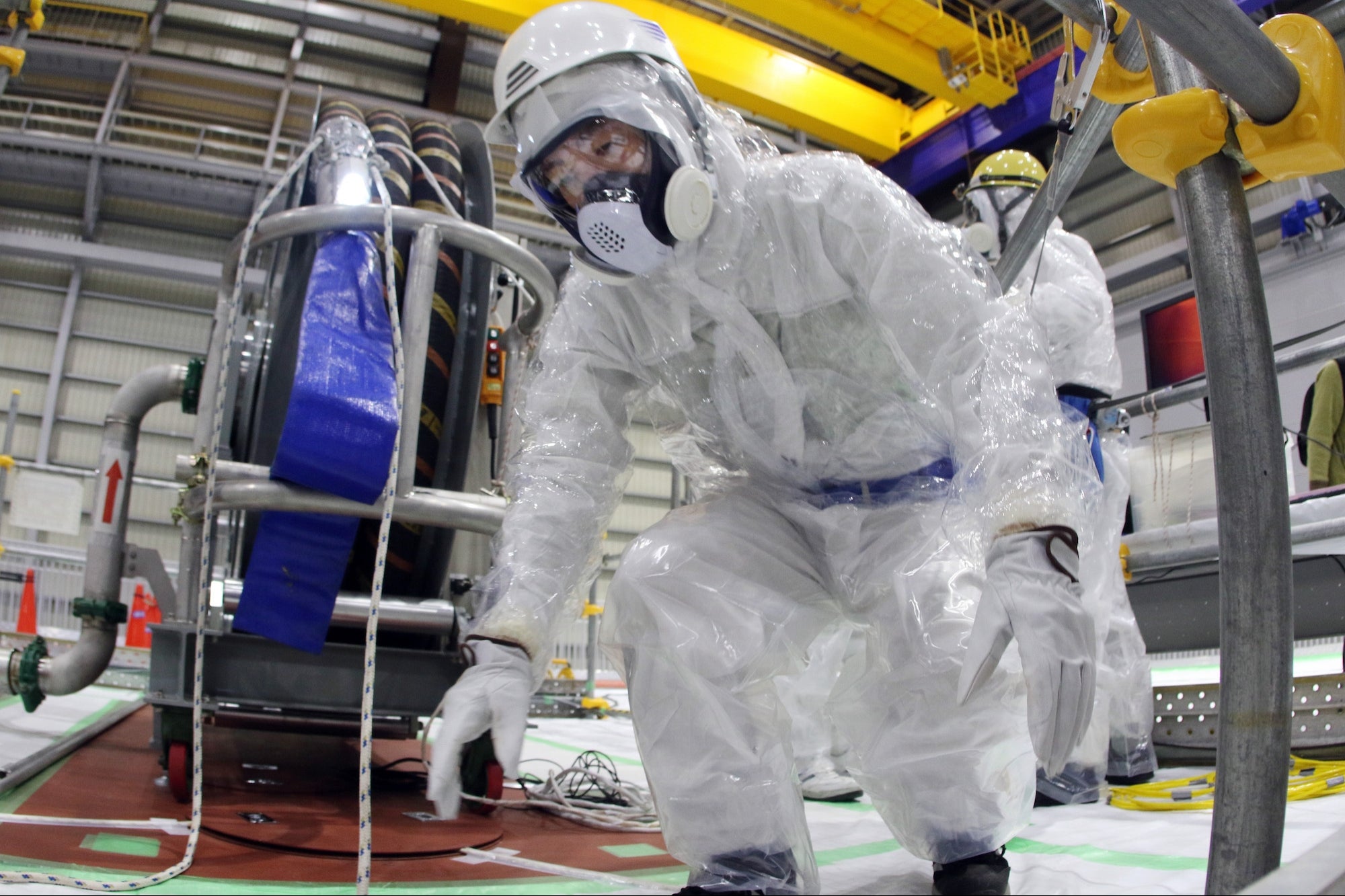A Japanese Nuclear Plant Is About to Release Radioactive Water Into the Ocean. What Could Possibly Go Wrong? The International Atomic Energy Agency says the practice is safe. Critics of the plan want more transparency.
By Jonathan Small •

Opinions expressed by Entrepreneur contributors are their own.

Japan's Fukushima Daiichi nuclear plant will soon release more than one million metric tons of treated radioactive water into the Pacific Ocean.
The decision was made after a UN-backed International Atomic Energy Agency (IAEA) safety review concluded that the practice would be "consistent with relevant international safety standards."
But critics say that the recent announcement is rash and potentially dangerous.
"Japan should stop the plan to release the water into the sea, but seriously consult with the international community and consider a scientific, safe, transparent, and convincing response," said Wu Jianghao, China's ambassador to Japan, in a news conference.
Azby Brown, lead researcher with Safecast, an independent radiation-monitoring group., told the New York Times, "So many good scientists feel that the data presented so far have been incomplete."
Related: How to Strengthen Your Business Against the Threat of Natural Disasters
How did we get here?
In 2011, a 9.0-magnitude earthquake rocked Japan and caused a tsunami that swept over Honshu, killing more than 18,000 people.
A gigantic wave pummeled the Fukushima nuclear power plant, flooding the reactors and causing them to overheat and contaminate water in the plant with deadly radioactive material.
Japan has spent trillions of yen fixing the damage, including cooling down the reactors by pumping in water. According to CNN, the wastewater is decontaminated and stored in 1,000 massive tanks, which is about enough water to fill 500 Olympic-sized pools.
Why Japan wants to release 'treated' wastewater into the ocean
The idea of releasing contaminated water into the sea might seem insane, but Japanese authorities and the IAEA argue there is no other safe option.
Simply building more tanks is not sustainable, and authorities want to use the land to decommission the plant, which requires dismantling contaminated buildings, not adding more.
TEPCO, the state-owned authority that operates the plant, says the solution is to run the water through a powerful filtration system that removes most radioactive material and slowly releases the treated water into the ocean. The process could take 30 to 40 years.
But scientists say not all the dangerous elements can be removed from the water. A hydrogen isotope called radioactive tritium remains.
Still, the UN's atomic watchdog, the IAEA, has signed off on this plan. This week, IAEA chief Rafael Grossi is in Japan, meeting with Prime Minister Fumio Kishida and sharing the agency's two-year safety review results.
"We will continue to explain the safety of the plan to release the treated water into the ocean to the international community, based on scientific evidence and with transparency," Japanese Foreign Minister Yoshimasa Hayashi said at their meeting on Tuesday.
Grossi visited the Fukushima plant earlier today. He is also expected to travel to South Korea and New Zealand to ease concerns.












